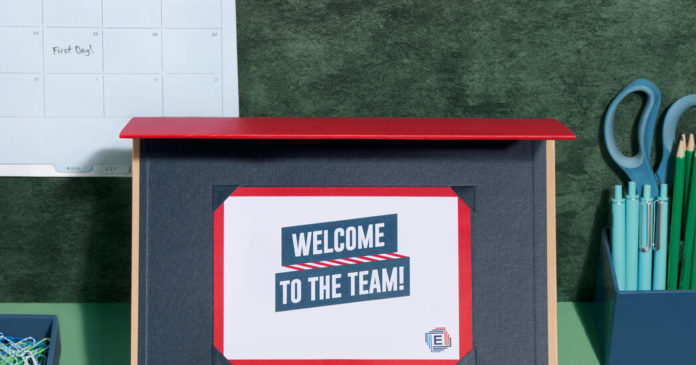
Too Much Oversharing
I have a co-worker I have gotten relatively close with over the past two years. For a year, I was her direct manager, though she has since transitioned to another department. We’ve shared somewhat personal details about our lives. While I prefer to handle issues like these outside of work, I was happy to act as a sounding board, as it felt like I was one of her only sources of support.
Recently, she’s had such a difficult time that she took a short sabbatical. She came to me first because she needed help navigating the situation, which is fine, but now I know quite a lot about her medical history and mental state and she continues to come to me with regular updates, even when I encourage her to seek out additional help. I’ve had to escalate some serious concerns about her mental health to HR, so I feel I’ve done my part professionally. It feels quite inappropriate for me to know so much about her medical condition, and I want to set a boundary, but I don’t know how to do this without really upsetting her. I care about her deeply, but don’t have the emotional or professional bandwidth to take this on.
How do I deal with setting this boundary in an empathetic but appropriate way?
— Anonymous, Boston
Your colleague sees you as a friend while you see her as a colleague with whom you are friendly. But, to be fair, I don’t think you have set a clear boundary around what you will and won’t discuss with her. When she approaches you with her problems, you listen, even when you try to redirect her to more appropriate resources. It’s very likely she has no idea she’s oversharing; she thinks she is confiding in a friend.
I totally understand not having the bandwidth to take on her problems, which seem overwhelming and fraught. It is up to you to establish boundaries and gently but firmly enforce them. The next time she approaches you and wants to overshare, you must tell her you care for her but you are not in a place where you can give her the emotional support she needs. It is kinder to be upfront with her about what you can and cannot provide her. I would also remind her of the mental health care options she can avail herself of in the workplace. I wish both of you the best in moving forward.
New Management Blues
I have several years of experience at my current workplace but relatively little direct management experience. Although my employer doesn’t have a formal training plan for new hires, I have developed training materials and try my best to proactively teach new colleagues. With a recent new colleague who is my direct report, there have been issues and questions I feel could have been answered if he more carefully listened to my earlier explanations or reviewed directions I sent via email. However, I also recognize that I may not be explaining things as well as I think I am. How do I balance the tension between my feeling that his performance is not meeting my expectations while being unsure if I am adequately providing the direction he needs?
— Anonymous, New York
Why are you doubting yourself and taking on his inadequacies as indicative of your own? It is important to hold yourself accountable and be open to constructive criticism, but nothing in your letter suggests you aren’t providing adequate direction. His performance is not meeting your expectations. That is what you must contend with right now. Instead of worrying about your work, develop a strategy for addressing his performance issues, with a plan for how he can improve, as well as consequences should he not be able to meet the new expectations. And then, you have to follow through.
Dreaming of a Dream Job
I’ve been moderately successful in my career. I have developed specialized expertise and I’m excellent at elements of my position, merely good to passable at others. I could probably keep doing this for the rest of my life. Sometimes it can be rewarding, but there are many elements of it I hate, and I end most days feeling worn out rather than productive or fulfilled.
I’m turning 40 next year. I’ve spent the better part of the pandemic locked in a spare room working remotely and getting increasingly burned out. I’m also reading articles about the Great Resignation and workers who are fed up and moving on. I am lucky to have a job when so many lives have been upended by Covid-19, but I’m wondering if this is it.
What is the right balance between passion and a paycheck? Should I be grateful for the occasional rewarding moments, overlook the bad, and otherwise appreciate that the job is a means to an end? Or should I start looking for something else? Do people who say they love their jobs really love their jobs, or is that a fantasy?
— Anonymous
It is not a fantasy to love one’s job. There are, indeed, people out there who love their work, are passionate about what they do and are deeply fulfilled. That level of professional satisfaction can be elusive, but it does exist. A lot of the time it requires a combination of hard work, risk taking and luck. I love what I do. Even though I’ve been dealing with burnout lately, I am generally enthusiastic about all of the cool things I’m working on. When I finally have quiet moments to write, I am genuinely excited to see what I’ll be able to throw on the page. And it took more than 20 years to get here.








